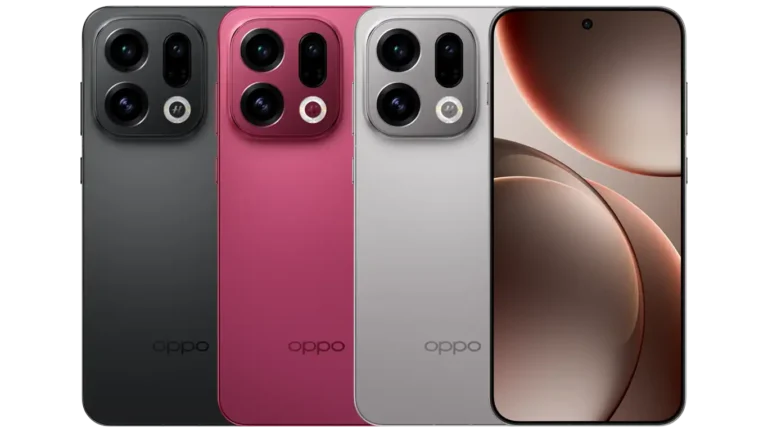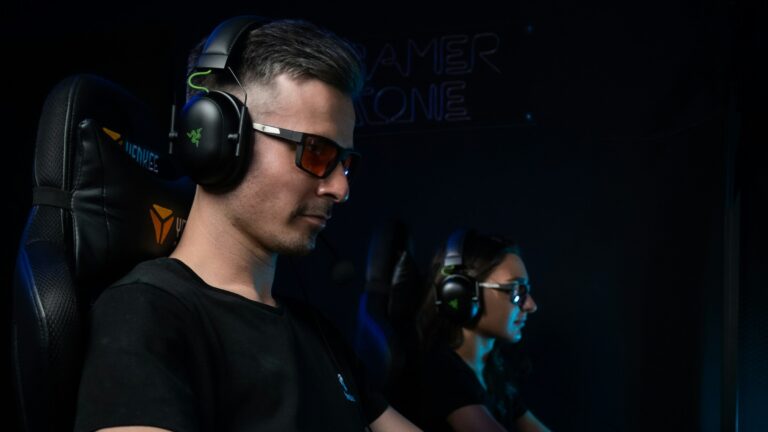The gaming industry continues its remarkable ascent, with global market revenue projected to reach $187.7 billion in 2024.
Mobile gaming leads the revenue segments at $92.6 billion, as it’s now the most popular gaming device, followed by console gaming at $51.9 billion. PC shows the strongest growth but lags behind.
The rise of mobile gaming, and the strong growth of PC gaming, can in part be down to iGaming. The online casino industry boomed 20 years ago, bringing non-gamers into the frame, and then had a second wave with early mobile gaming, which normalised playing games (be it slots or Flappy Bird) on the mobile.
Thanks to this rise in low-cost mobile gaming, the global gaming audience is now reaching 3.42 billion players. But was it culture, technology, or economics?
Fashion Meets Digital Entertainment
The gaming industry’s cultural impact cannot be underestimated, with it transforming a niche hobby into a mainstream entertainment powerhouse. It’s surpassed both film and music in terms of revenue, which is shocking given both their cultural status. This isn’t to say they’re more mainstream (though this is debatable), as we need to account for the fact that gaming involves higher playtime, and higher engagement leads to more revenue.
The demographic landscape has evolved too, with the gender gap nearly closing – women now comprise 48% of gamers in the United States. This shift has attracted major brands and transformed gaming into a lifestyle phenomenon that influences fashion trends and consumer behaviour across generations. Though, the cultures aren’t separated, with the likes of Fortnite partnering with large film franchises and music artists to promote their brand. It’s become symbiotic.
The Music Revolution
Gaming and music have evolved together, with adaptive soundtracks becoming a cornerstone of modern gaming experiences. Games feature dynamic audio that responds to player actions in real-time, creating personalised musical journeys – something that music couldn’t achieve before.
Virtual concerts have reached unprecedented heights too, exemplified by events like Travis Scott’s Fortnite performance that attracted 27 million unique players. Live streaming numbers (which are intertwined with gaming), too, cannot be topped. Even historically, gaming platforms were important to music discovery too, with titles like FIFA significantly influencing streaming numbers for featured artists.
Social Gaming Communities
Gaming communities have evolved into powerful social networks, with 80% of gamers meeting new people through online gaming and 77% using games to stay in touch with friends. The social gaming market has arguably been replacing real-life socialising, which is often a criticism, but has allowed friend networks to be international.
These digital spaces have become virtual town squares where players not only game together but easily transition to other digital forms of communication, like Discord. This was also an early movement within iGaming, in which the chatrooms would become a reason why many players returned to the table.
Cultural Integration
Gaming’s influence on mainstream entertainment continues to expand. The successful adaptation of “The Last of Us” and “Super Mario Bros. Movie” was a huge moment in which the gap between new and old media was finally bridged. In an age where old media vs new media is becoming a critical factor in who wins presidential elections, gaming may be the one to bring them together.
Image via unsplash



